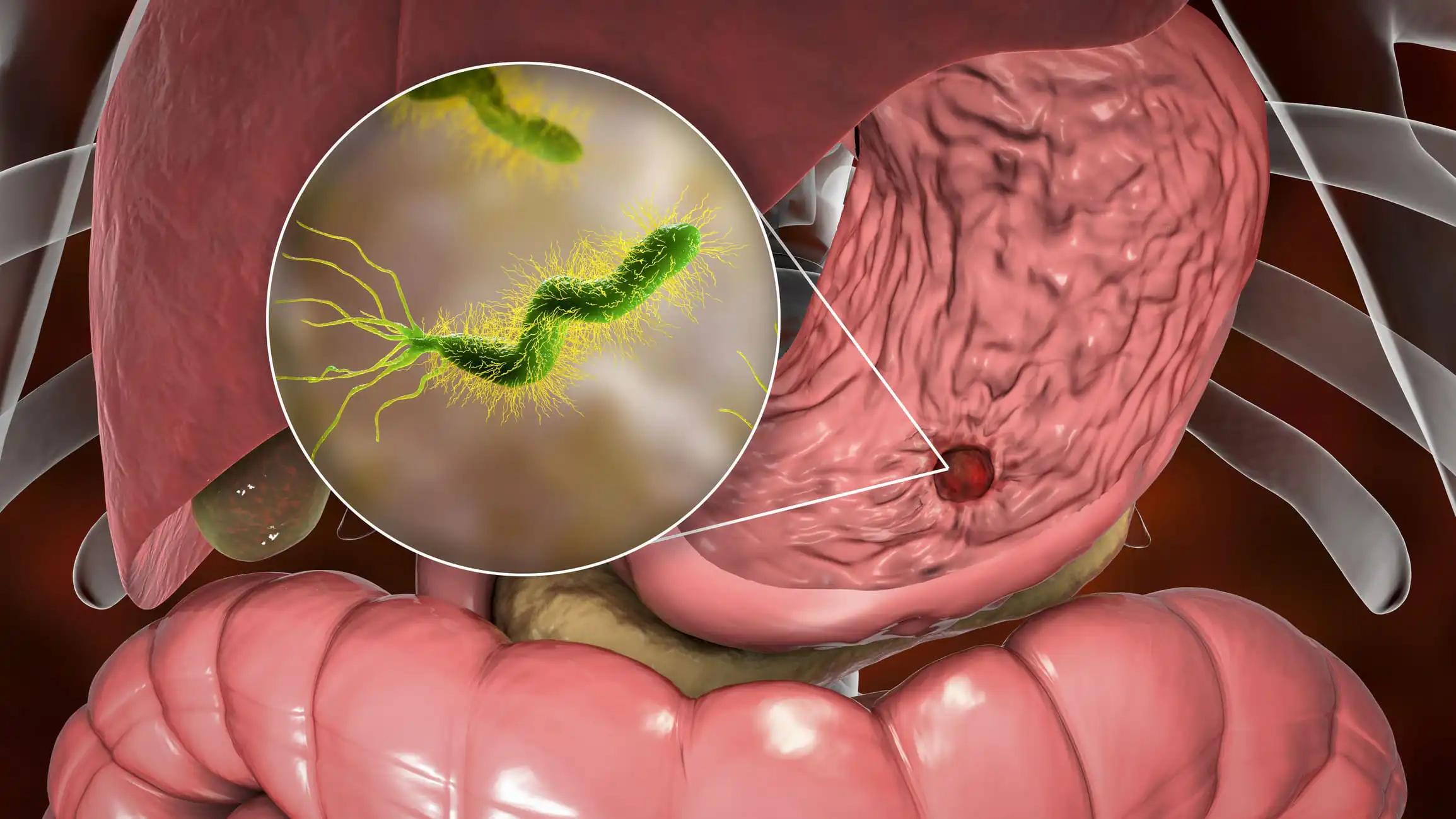KEY TAKEAWAYS
- The study aimed to integrate MAC-NCs to improve pro-apoptotic effects on AGS gastric cancer cells.
- The synthesised MAC-NCs showed potential as a selective anti-gastric cancer agent, however, more in vivo studies are needed to confirm these findings.
Gastric cancer is a significant health concern, and the search for effective treatments is ongoing. Myricetin, a natural flavanol, has shown potential in inhibiting cancer cell growth and promoting cell death. However, its low bioavailability and short lifespan in the body have limited its therapeutic application.
Mahdieh Teimouri and the team aimed to investigate if encapsulating myricetin in alginate-cellulose hybrid nanocrystals (MAC-NCs) could enhance its delivery and anti-cancer effects on human AGS gastric cancer cells.
The study involved synthesizing and characterizing MAC-NCs using techniques such as Dynamic Light Scattering (DLS), Fourier Transform Infrared Spectroscopy (FTIR), Field Emission Scanning Electron Microscope (FESEM), and Zeta-potential analyses.
The cytotoxic activity of these nanoparticles was then assessed on both cancerous (AGS) and normal (Huvec) cells. The study also examined the expression of apoptotic markers, Caspase 8 and Caspase 9, and confirmed cell death type using DAPI staining and flow cytometry on AGS cells.
The results showed that the synthesized MAC-NCs, with a size of 40 nm, exhibited significant selective toxicity towards human gastric cells (IC50 of 31.05 µg/mL) compared to normal endothelial cells (IC50 of 214.26 µg/mL).
Further analysis using DAPI and annexin flow cytometry confirmed the induction of apoptosis in gastric cells. Interestingly, this apoptosis was found to be independent of Caspase-8 and Caspase-9 activity.
The findings suggested that MAC-NCs hold promise as a targeted therapeutic approach for gastric cancer treatment. The selective toxicity towards cancer cells while sparing normal cells highlights its potential advantages.
However, further in vivo studies are necessary to validate these findings and to comprehensively evaluate its safety and efficacy as a pharmaceutical agent.
This research was conducted at a personal expense in the laboratory at the Islamic Azad University of Mashhad.
Source: https://pubmed.ncbi.nlm.nih.gov/39299971/
Teimouri M, Homayouni Tabrizi M, Karimi E. (2024). “The selective proapoptotic impact of the myricetin-loaded alginate-cellulose hybrid nanocrystals (MAC-NCs) on the human AGS gastric cancer cells.” Mol Biol Rep. 2024;51(1):998. Published 2024 Sep 19. doi:10.1007/s11033-024-09864-0



